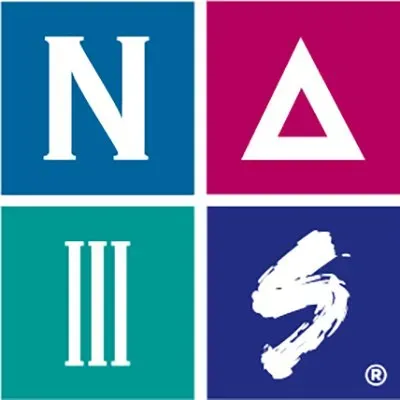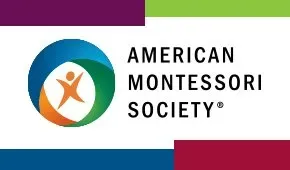Montessori Philosophy
Motivation for learning must come from within the child and when it does, a lifelong learner is born.
10 key principles of the Montessori Method:
1. Individualized learning
Montessori education focuses on individualized learning, hands-on experiences, and self-directed exploration. Our students learn at their own pace, develop critical thinking skills, and become confident, independent learners.
2. Academics
Academic lessons in Montessori education are often designed to integrate different subjects, with a focus on practical, real-world applications. For example, a lesson on fractions might involve cutting fruit into pieces and sharing it with classmates, or a lesson on geography might involve using a map to plan a trip.
3. Experiential learning
Research has shown that experiential learning is highly effective for a variety of purposes, including skill development, problem-solving, and personal growth. It involves actively engaging in an activity or situation, reflecting on the experience, and then applying what was learned to new situations.
4. Mixed-age classrooms
Montessori classrooms include mixed ages and mixed skill-levels. While the teacher guides the scope and sequence of the curriculum for each student, peer-learning is encouraged as the younger students learn by observing older students. In addition, older students solidify their knowledge, and develop valuable leadership skills, by giving basic lessons to the younger children.
5. Educating the whole child
Montessori educators aim to foster independence, self-discipline, and creativity in children, while also promoting empathy, respect for others, and a love of learning. By addressing all aspects of a child's development, the Montessori method aims to produce well-rounded individuals who are prepared to thrive in all areas of life.
6. The Work Cycle
Montessori schools with high-fidelity implementation of the program, have long, uninterrupted work periods (generally 2-3 hours depending on age). This long time-period allows children to engage with the lesson materials deeply, reach an intense concentration, and thus experience effective learning of content.
7. Independence & freedom within limits
Independence is encouraged in Montessori education by providing children with opportunities to make choices and to take responsibility for their own learning. Maria Montessori believed that children have an innate desire to learn and explore their environment, and that they should be given the freedom to do so. However, she also recognized the need for limits and structure to ensure that children are safe and that they learn to respect the rights and needs of others.
8. Role of the guide
A Montessori teacher is sometimes referred to as a guide, rather than a teacher, and this reflects the non-traditional role of the teacher in the Montessori classroom. A Montessori teacher’s job is to observe the child’s development and introduce academic materials at just the right time to optimize learning.
9. A prepared environment
In Montessori we refer to our classrooms as “prepared environments.” This means they are carefully and thoughtfully designed to promote the optimal development of each student. Montessori classrooms are also more minimalist than conventional classrooms, especially at younger ages. The Montessori classroom tends to have muted colors and natural light to foster concentration.
10. Peace education
Dr. Montessori lived in an era of world wars and global upheaval. As she developed her methodology, she placed great importance on peace education. Dr. Montessori believed the future of the world depended on teaching children the importance of peace and understanding others. This belief is still found in Montessori schools today. There is a strong focus on community, both within the classroom community and within the greater global community. Children learn ways for calming themselves and conducting effective conflict resolution, while they also learn about the world and global issues.
At its core, Montessori education simply is a way of being with children that allows each child to develop fully into the person he or she was destined to be. Just as you make every effort to ensure your home is loving and safe – so your child feels secure and well-adjusted – we work diligently to ensure the physical environment, the teachers, and the student community will meet your child’s needs with respect and support at each step in his educational journey.




